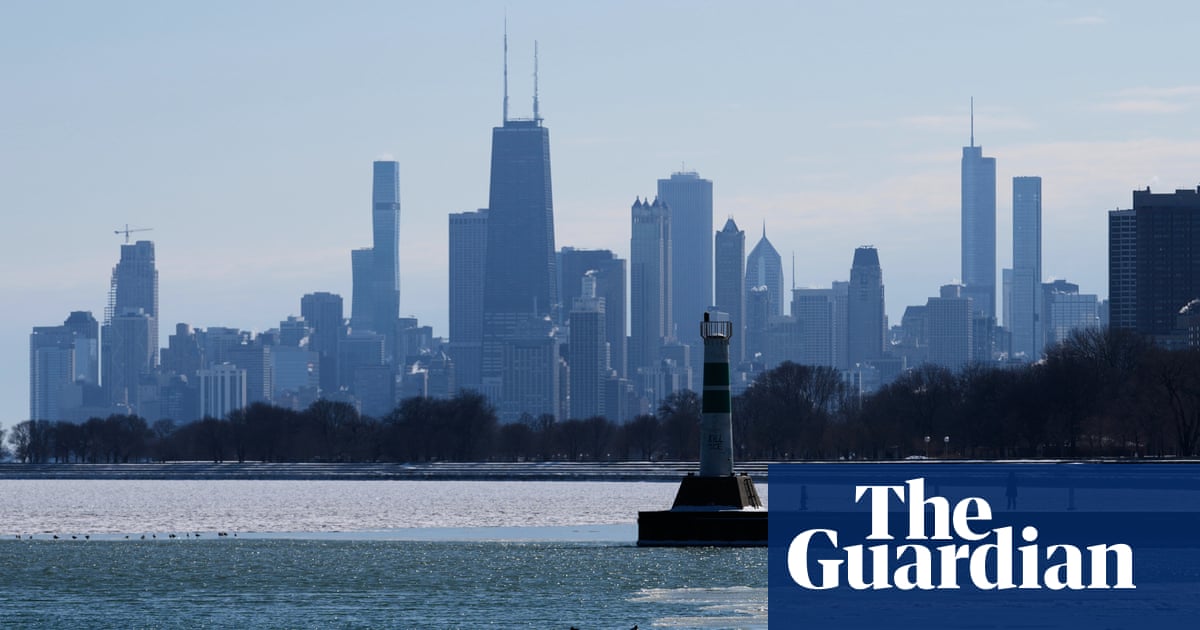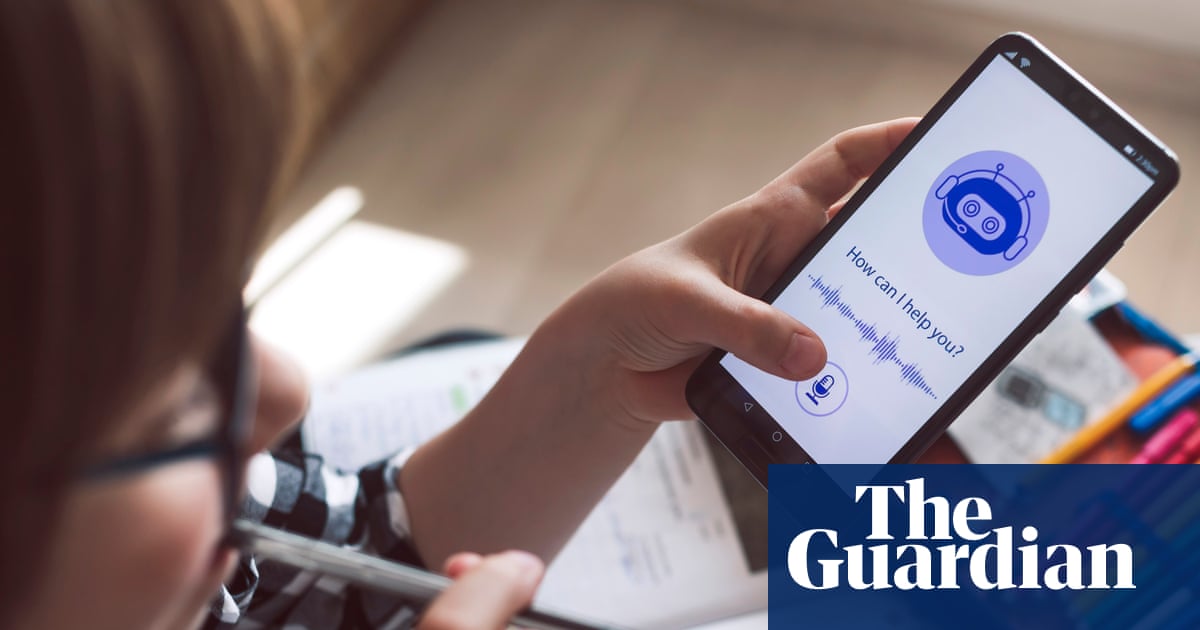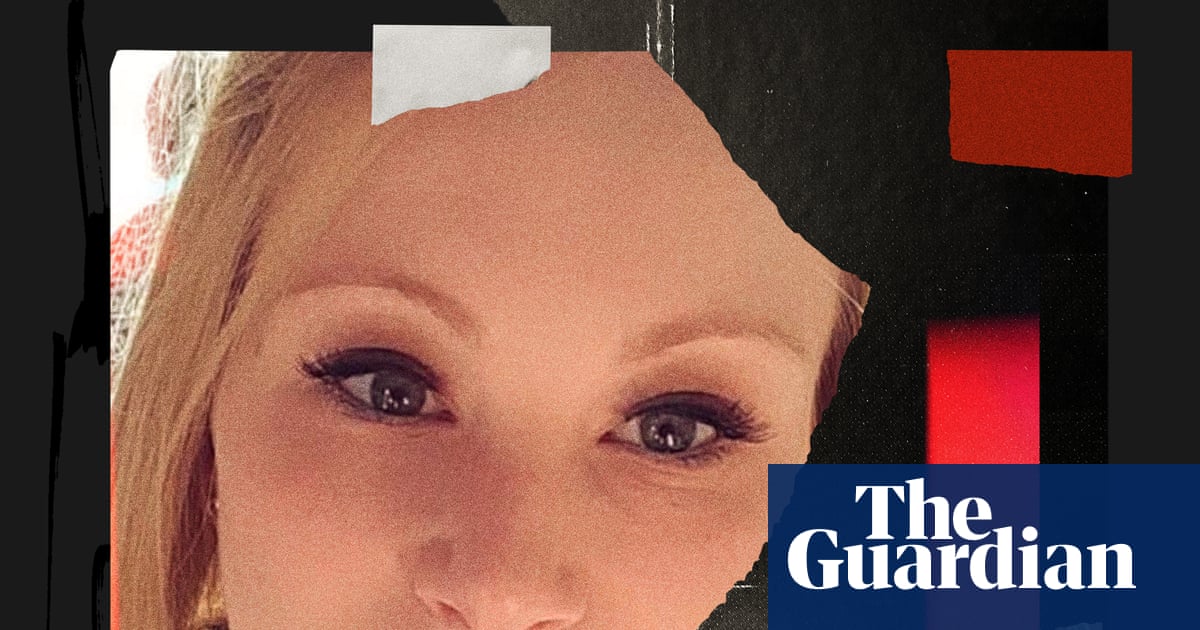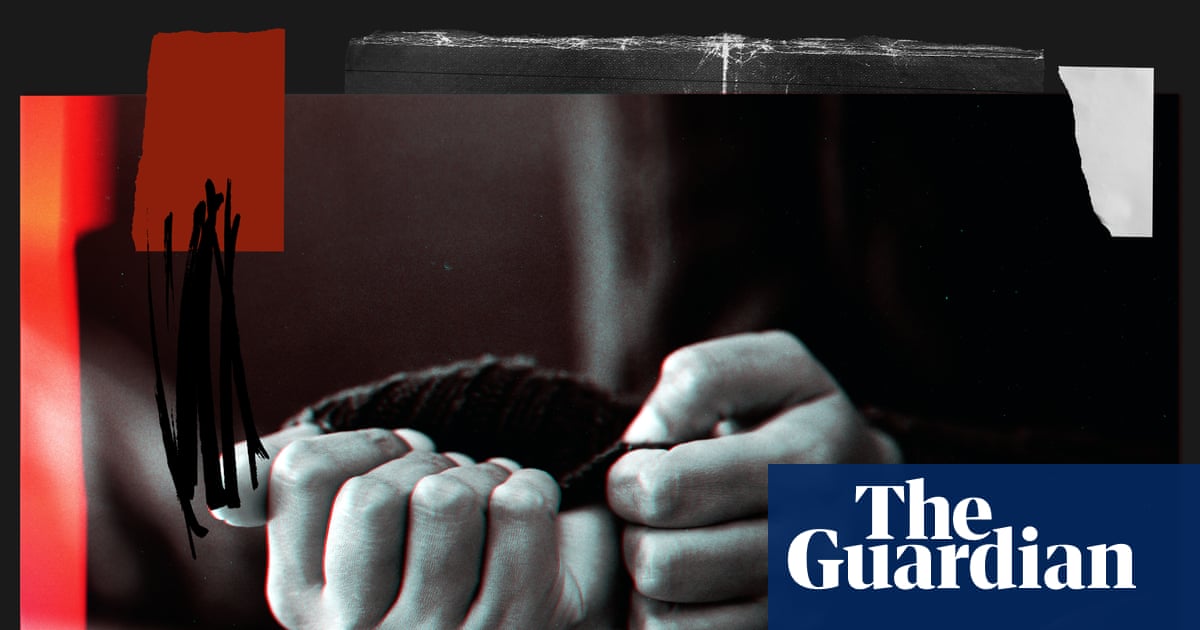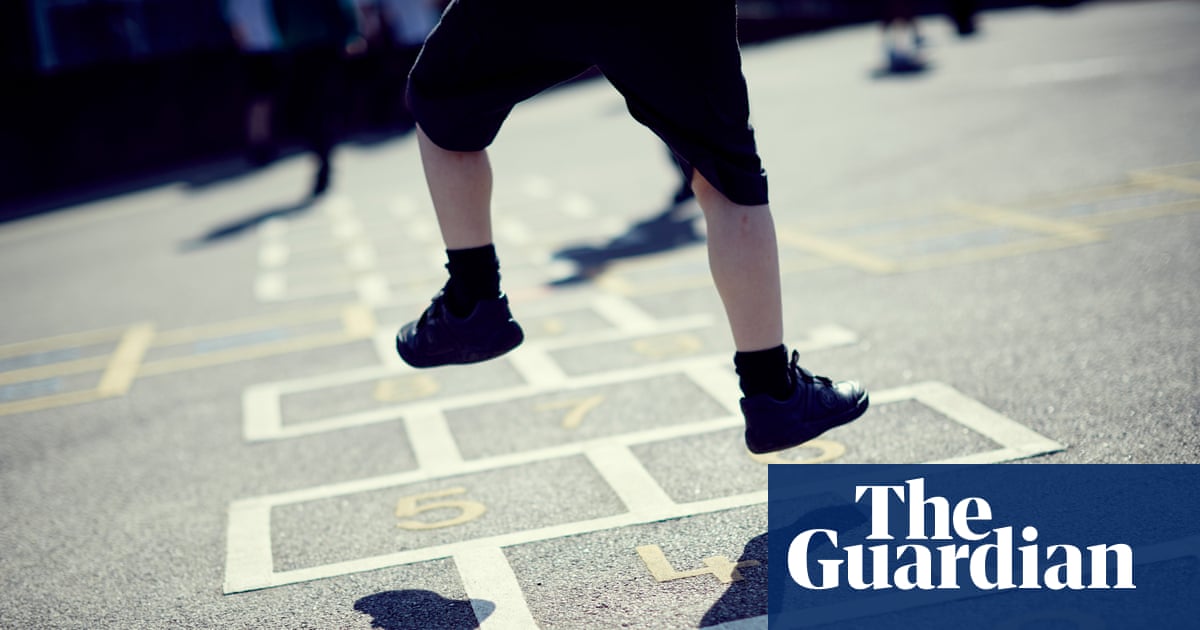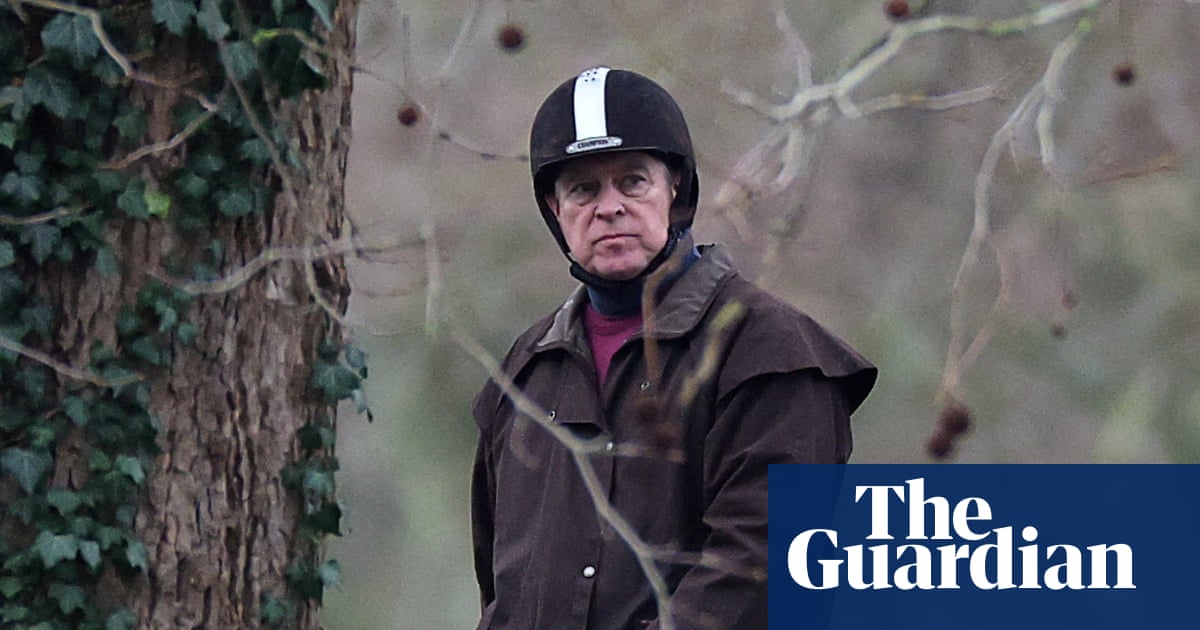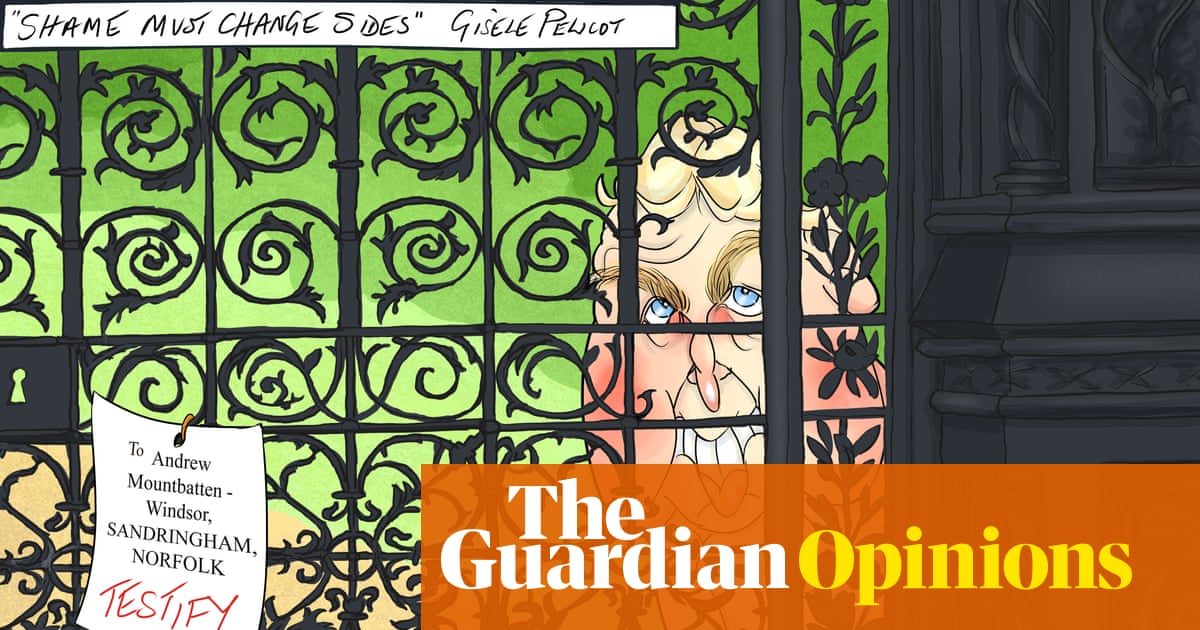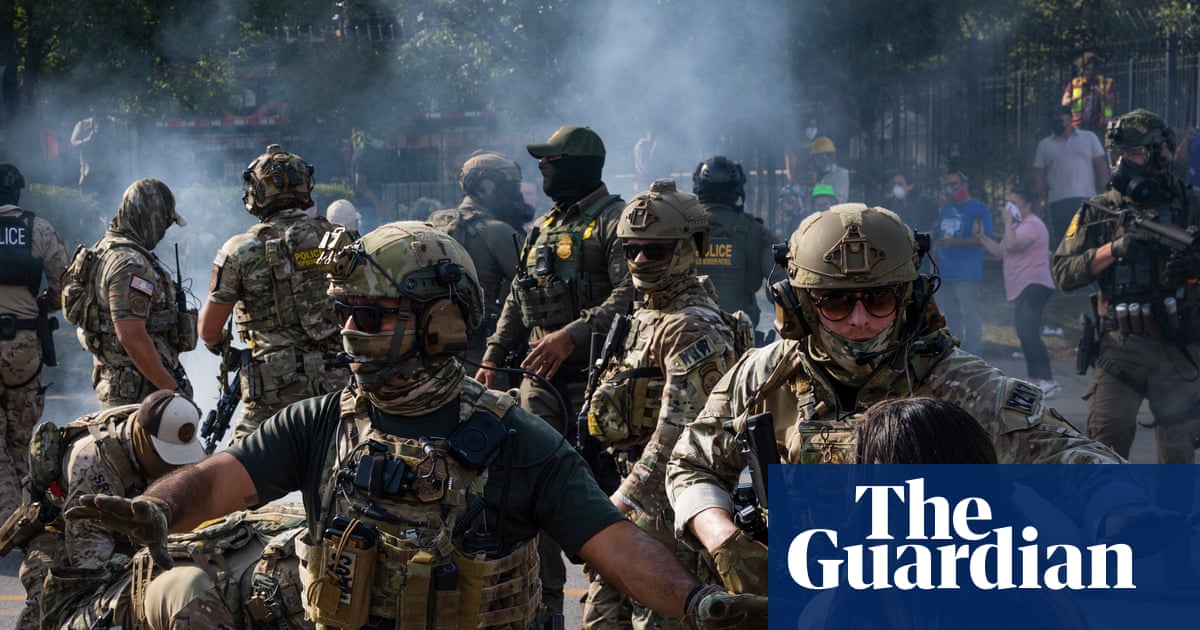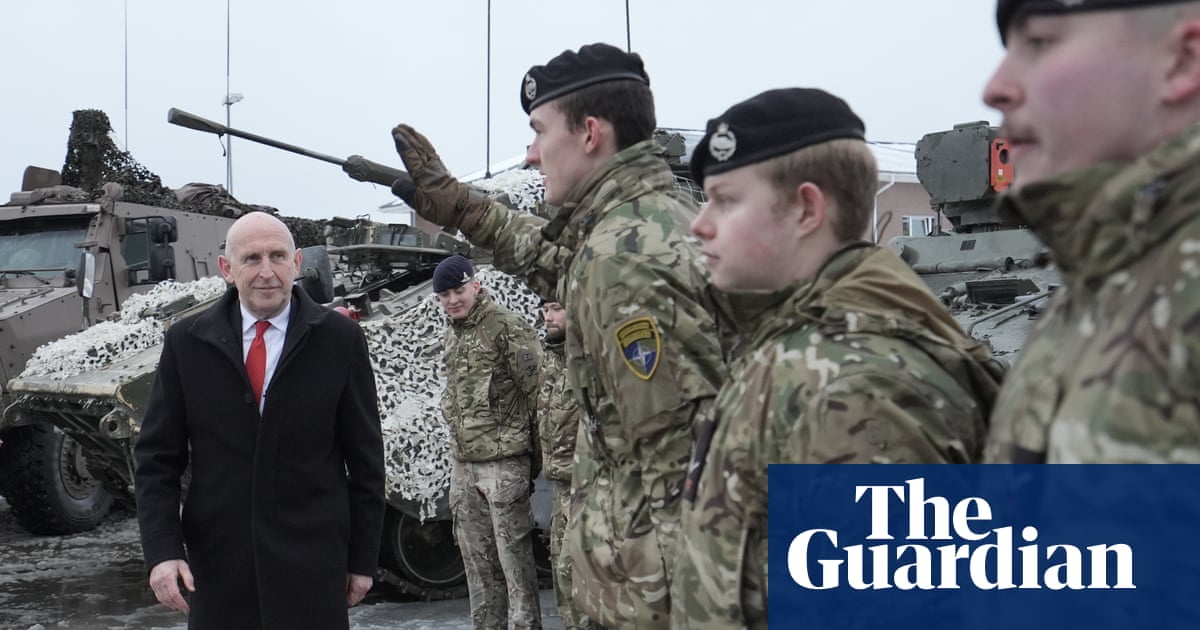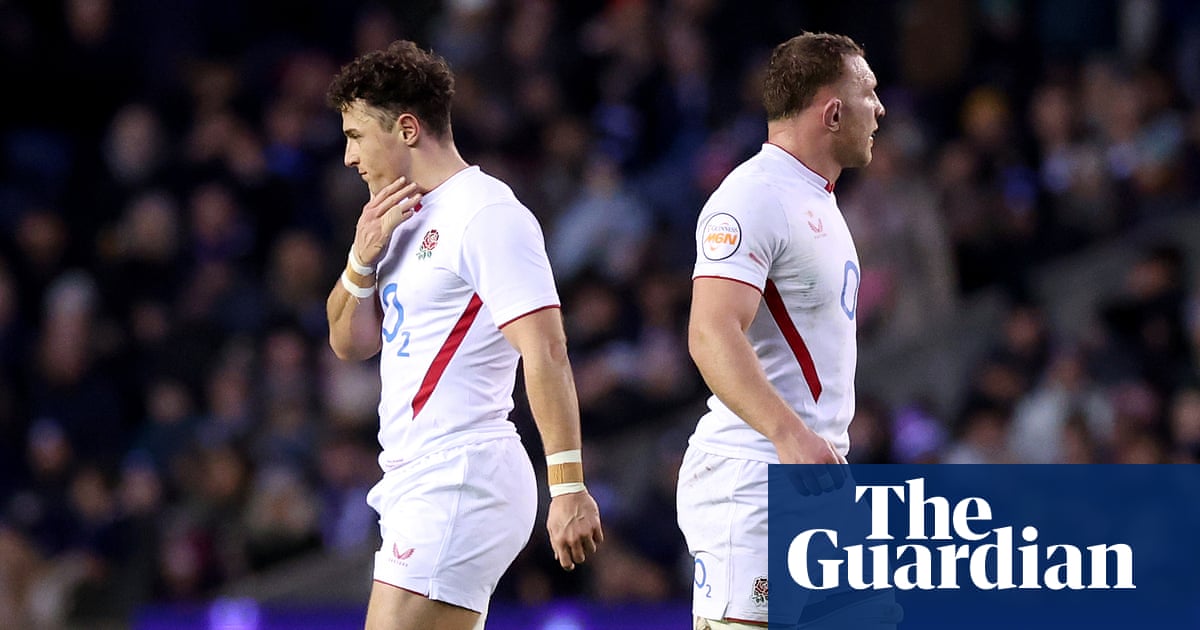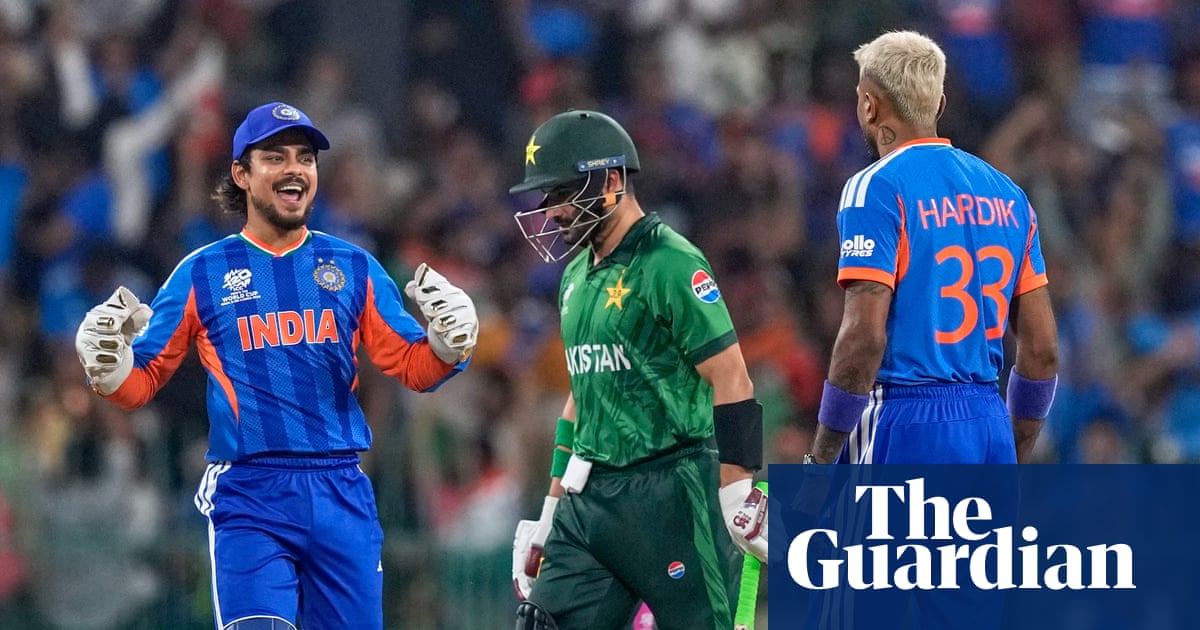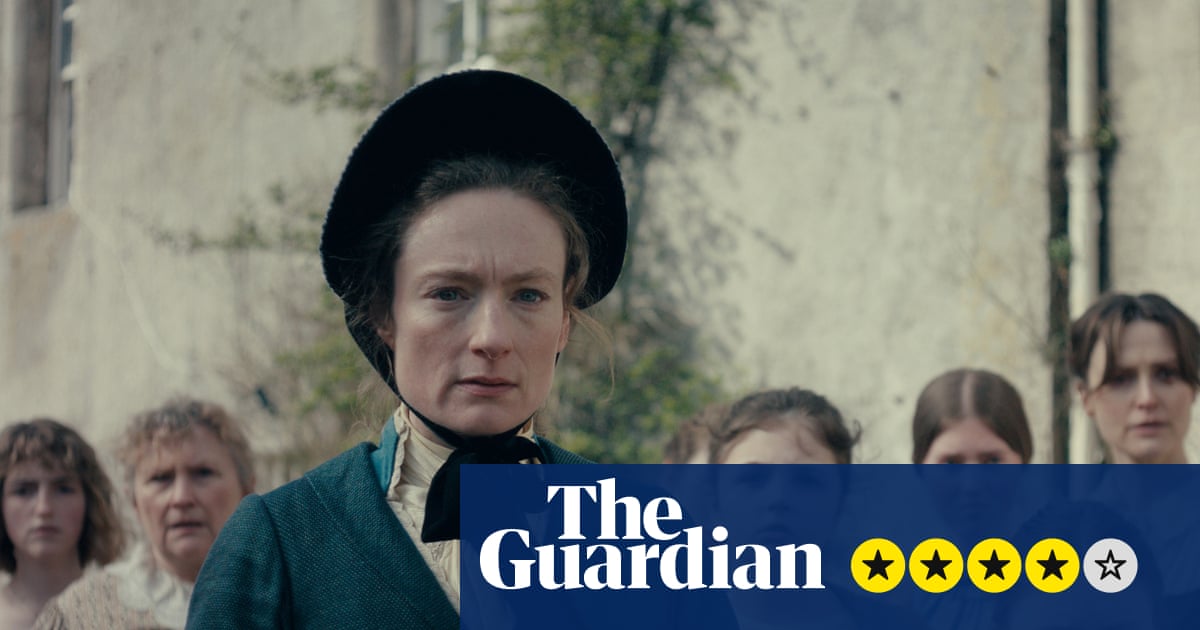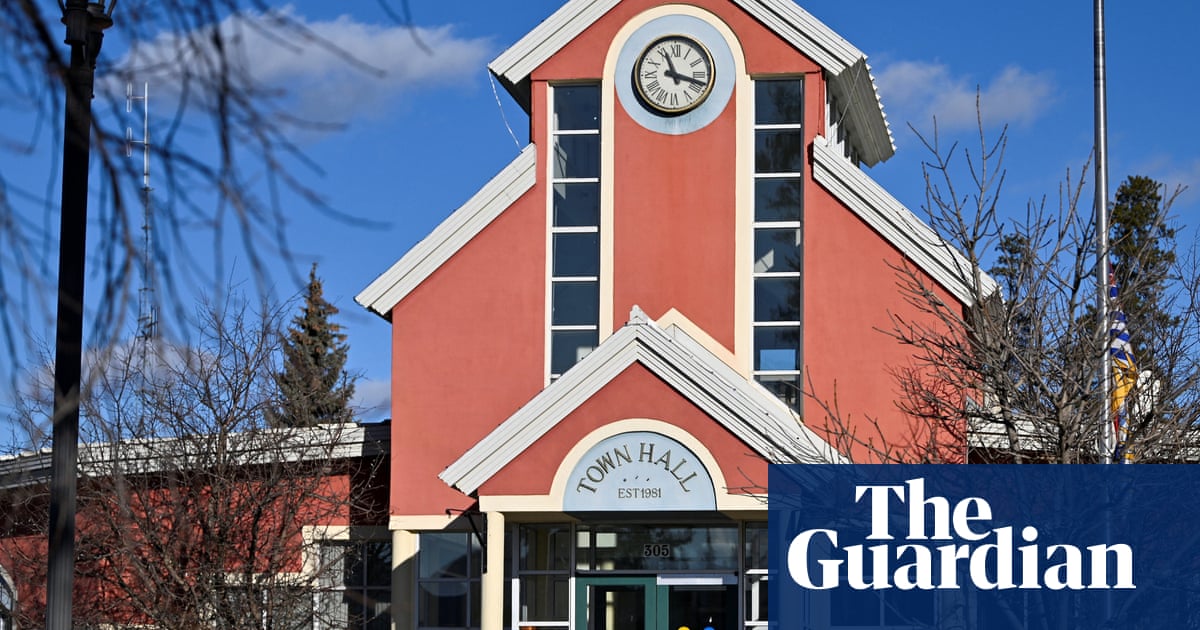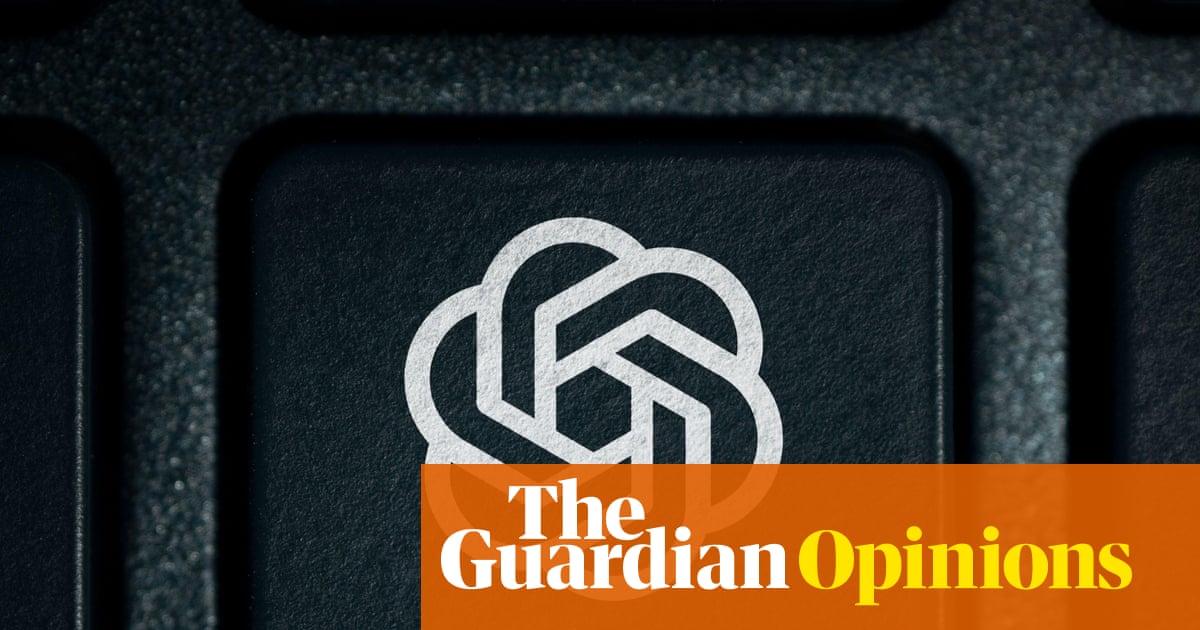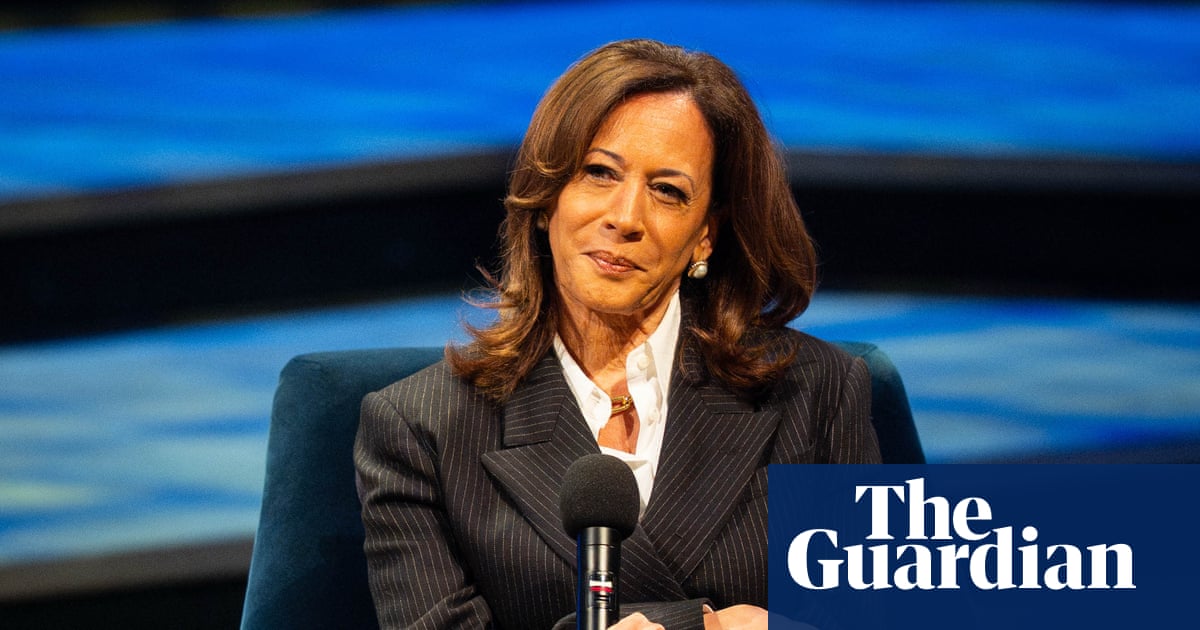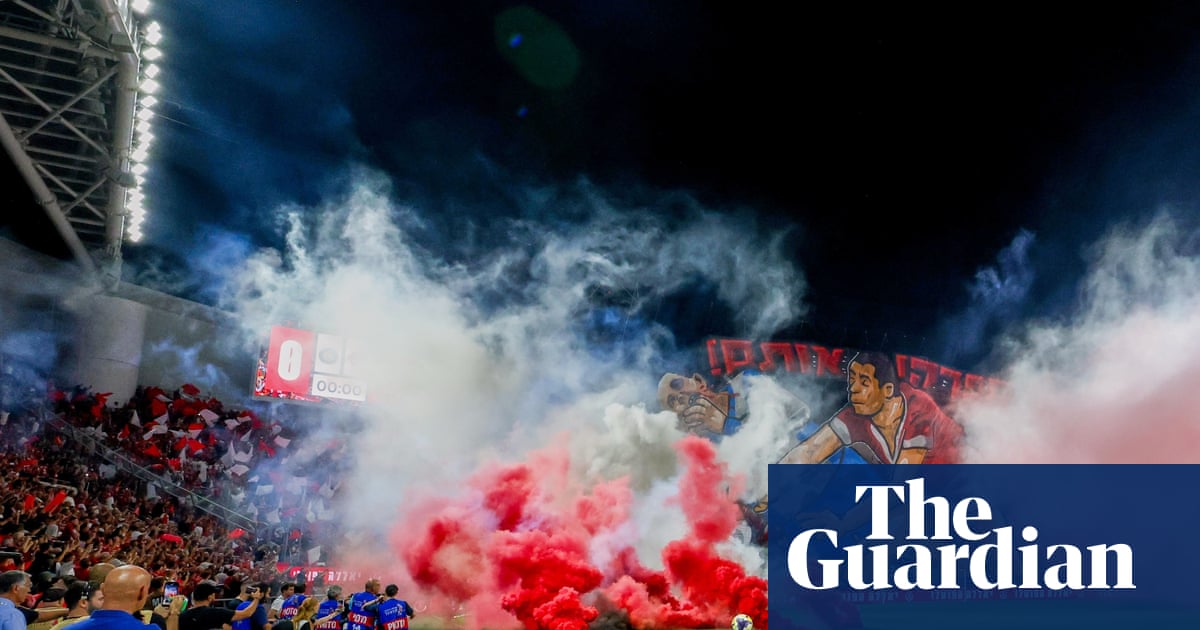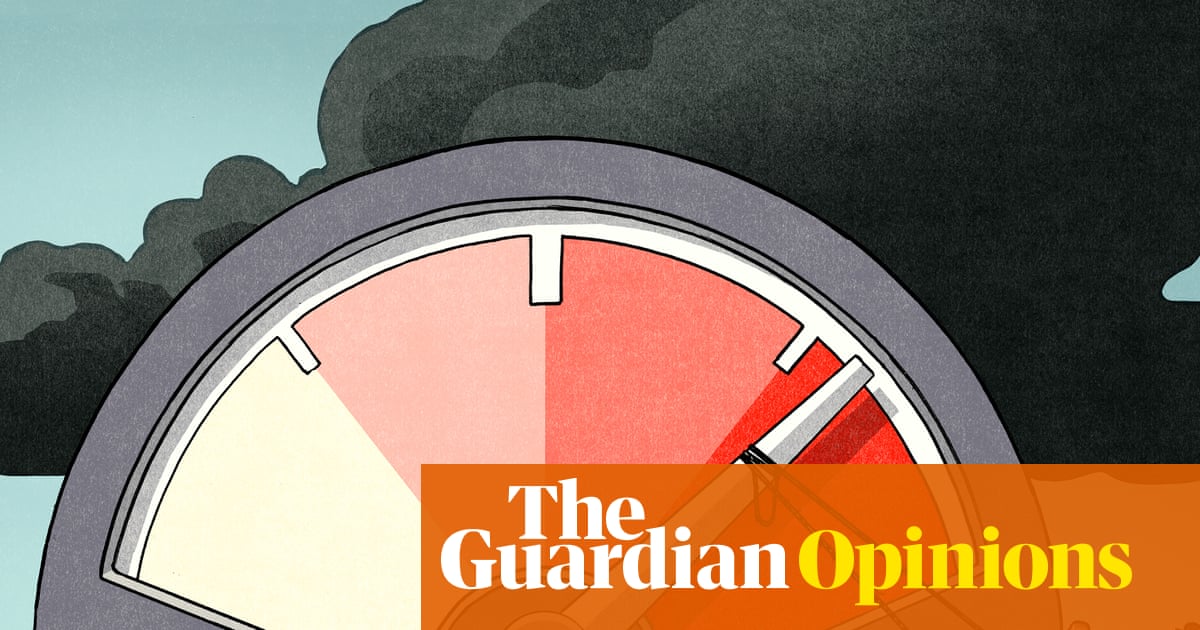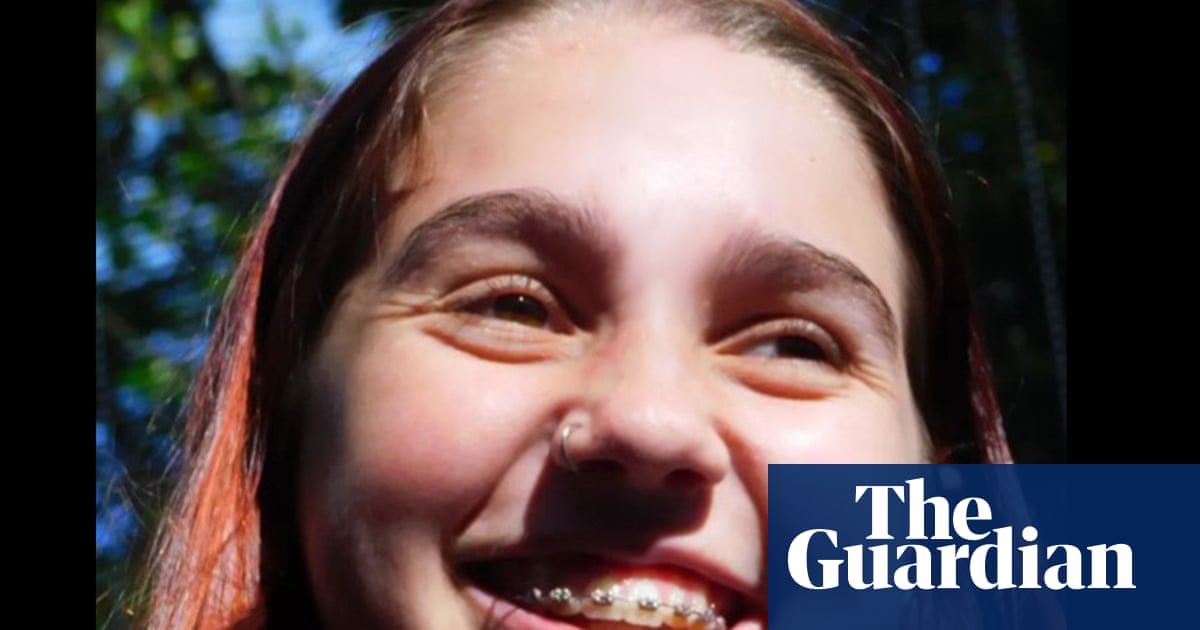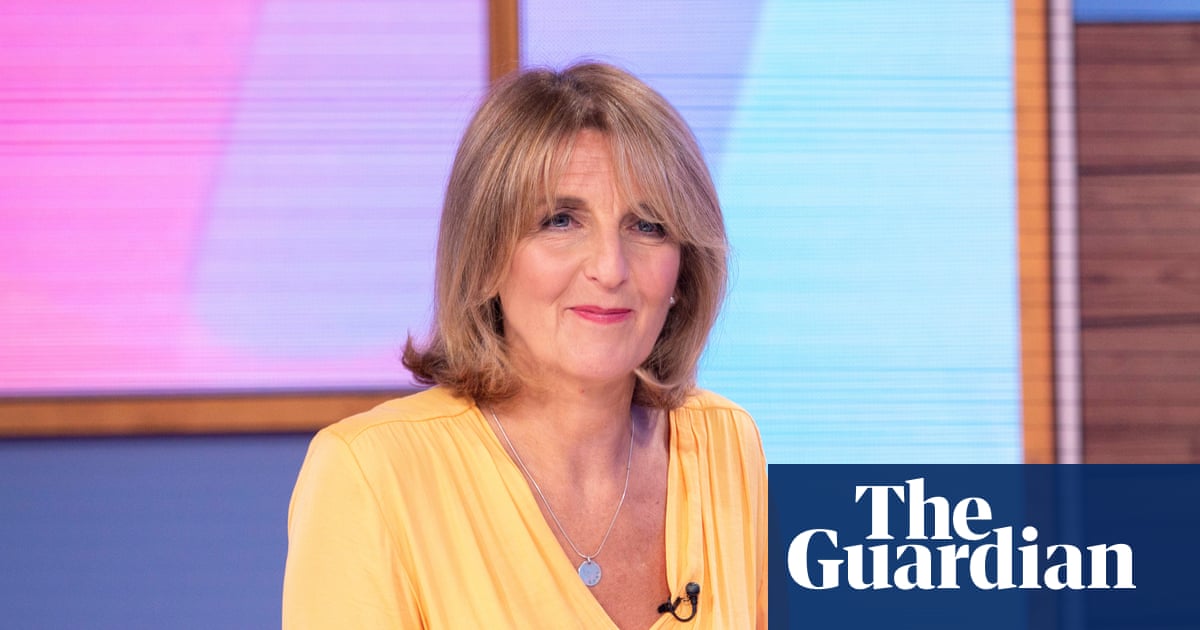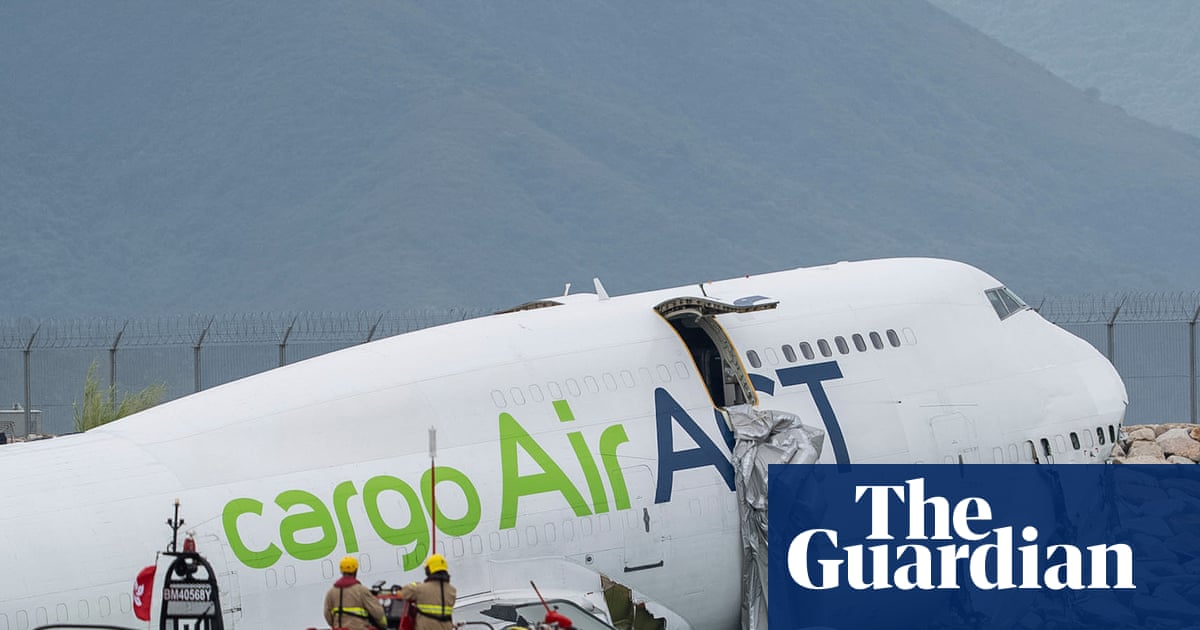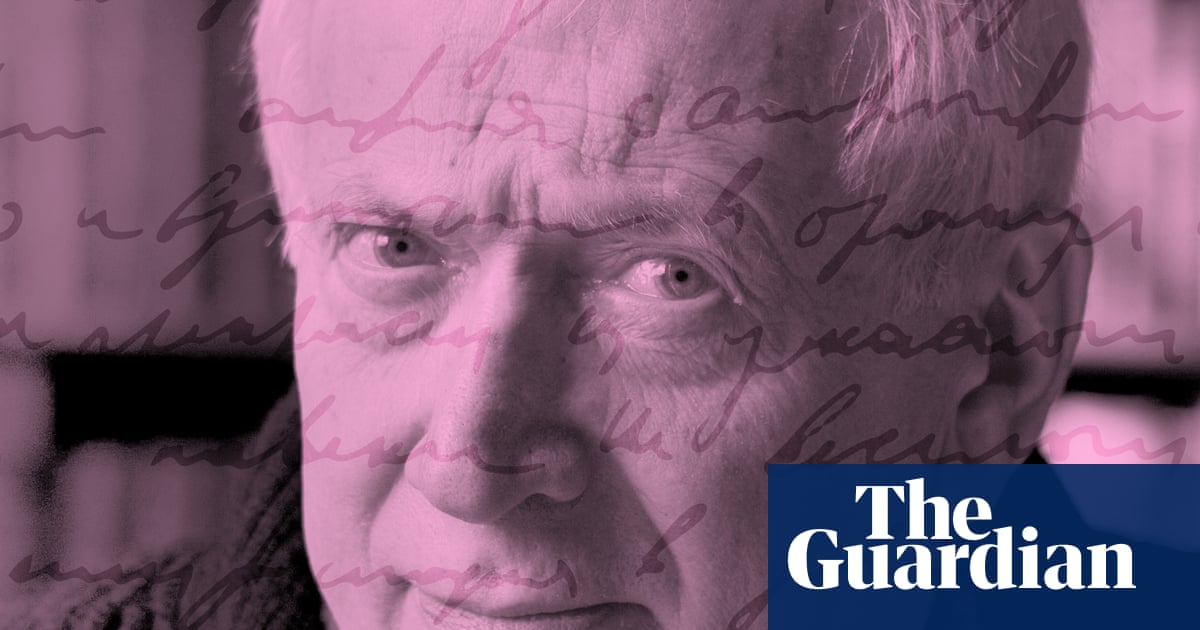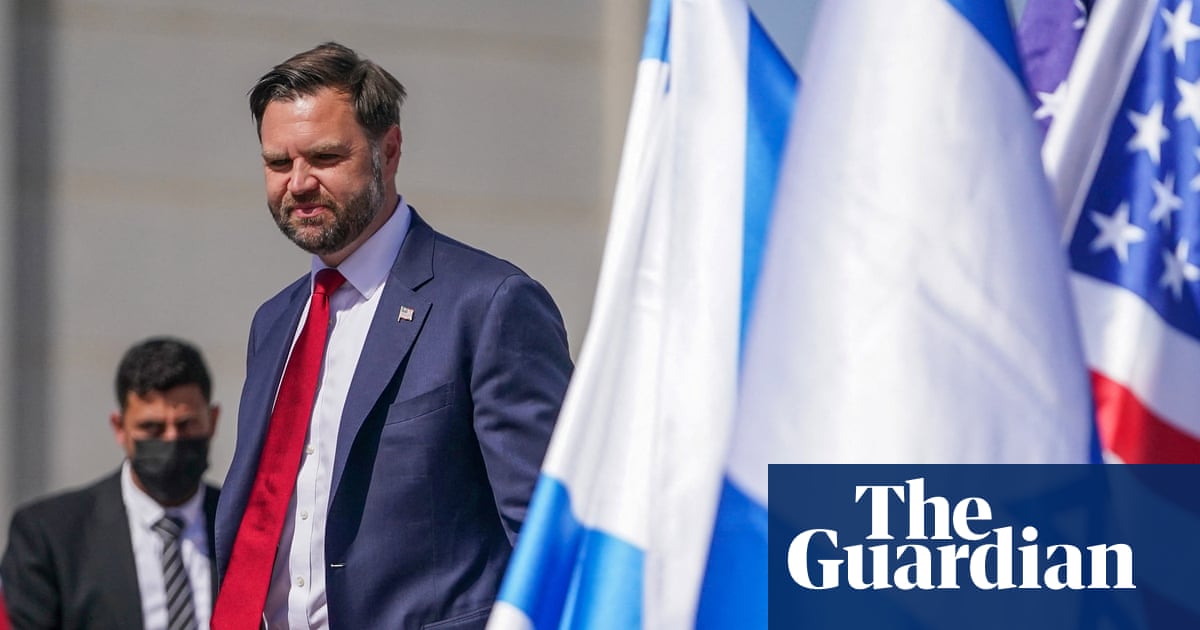‘We don’t want pity, we want action’
Juwayriya Adwan, 12, al-Mawasi, Khan Younis
It has been two years since I was last inside a real classroom. Two years since I heard the morning bell at Khawla Bint al-Azwar school, sat at my desk and raised my hand during my favourite class. Sometimes I still vividly remember the sounds and smells: chalk dust, pencil shavings, laughter echoing down the halls. But my school no longer exists; it was bombed by the Israelis soon after the war began. My books were burned, and some of my friends killed.
I was in fifth grade on 7 October: the last day I went to school. That morning, air raid sirens screamed through the corridors. Some children cried, others held hands tightly. Our teacher tried to calm us, but even her voice trembled. I remember wishing for a normal day; lessons, recess, a poem recital. Instead, that day became the last page of my old life.
Now I live with my parents, two brothers and sister in a crowded shelter in al-Mawasi, Khan Younis. The tent walls flap in the wind, keeping neither cold nor heat away. We queue for water and food. Electricity is a dream and privacy doesn’t exist. Hope feels fragile.
At night, I look up at the stars through the holes of my tent and wonder if my friends see the same sky. Some message me when they can, saying they miss school and have kept their old notebooks; like treasures from a lost world. I feel guilty because I’ve lost all of mine.
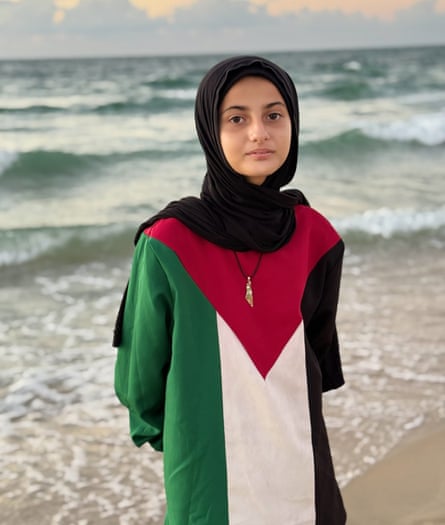
I once dreamed of becoming a teacher to help Gaza’s children learn, even when life was hard. Now I dream of being a journalist – to write, to speak and to show the world what it means to be a child in Gaza. I want to tell our stories of fear and hunger, but also courage. Because even here, amid death and ruins, our voices refuse to be silent.
When there’s some internet, I try to study online. Other times, I go to a small tent where volunteers teach us math and Arabic. The lessons are short – the power fails or the airstrikes begin again but in those moments, I feel alive. I remember who I was: the girl who loved numbers and poems, who believed learning could change the world.
The war has taken so much; our homes, schools and families. I lost my uncle, his wife, and their children. I lost my beautiful city, Rafah, which is nothing but rubble now. But the hardest loss of all is education, because that is the loss of the future itself.
To the world, I say this: don’t let our dreams die. We don’t want pity, we want action. Gaza’s children deserve books, schools and safety. Education is not a luxury, it is a basic right. Gaza is not only destruction; it is children who still dream beneath the drones at night. It is my story and I will continue writing, even if all I have left is a broken pencil and a piece of torn paper.
‘They message: “are you OK, teacher?”’
Naglaa Weshah, 40, teacher in al-Bureij camp, Gaza
I have been teaching in Gaza for more than a decade. First in Khan Younis, then in Deir al-Balah, and now in al-Bureij camp in the central Gaza Strip. Before the war started, I used to teach six classes of about 40 students each, nearly 240 young minds eager to learn.
Teaching them was my purpose and joy in life, and I still remember the sparkle in a student’s eyes when a new idea clicked; the kind of moment every teacher lives for.
I always believed learning should be full of life. My classroom was a space of play, art, and movement. We painted maps, acted out historical events, and turned lessons into stories.
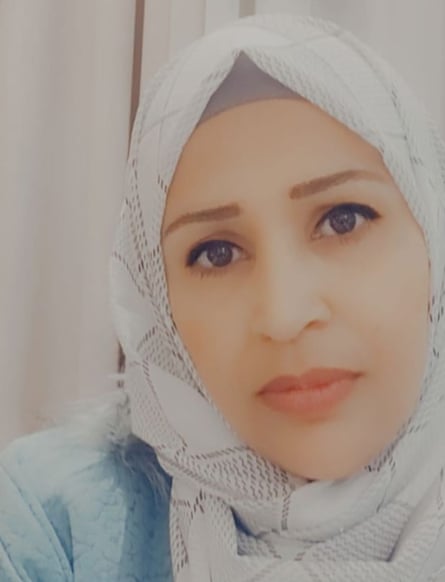
Laughter always filled the room as curiosity replaced fear. Yes, even before the war, children in Gaza were always scared. My classroom was a place of safety but after 7 October, everything changed.
My school became a shelter for families fleeing the bombs. Soon, it was targeted and completely destroyed. There are hardly any schools left standing in Gaza now. For two years, nothing has been normal. The war has shattered every part of our lives: safety, homes, schools, dreams. Fear and grief are constant companions.
Many of my students are now dead – children who spoke of becoming doctors, artists, and teachers. They were denied even the right to exist. Those who remain live with hunger, displacement and exhaustion – and yet, they still cling to the will to learn.
Sometimes, when the internet allows, I hear from a few of them. They message asking: “Are you OK, teacher?” We share brief words, short lessons, tiny sparks of connection amid the chaos. They ask if things will ever go back to normal. I tell them I don’t know.
Across Gaza, teachers, volunteers and non-profits try to teach wherever possible: in tents, damaged classrooms, or crowded shelters. Education has become an act of defiance, a way to say: “We are still here.” And so long as we continue learning, we will remain.
Many of us are also parents. I am a mother of three and my children’s education has suffered deeply. Their days are spent queueing for water, searching for food, or collecting firewood. Their childhoods have been replaced by survival.
I remind them, as I remind my students, that knowledge is strength – and that one day, they will return to their classrooms.
Through unimaginable loss, I still believe in the power of learning. I dream of a day when schools in Gaza will once again be filled with laughter, when lessons will not be interrupted by bombing, and when every child can think about the future again.
Until that day comes, I will keep teaching in whatever capacity I can – through fear, through rubble and through darkness – because education is the only hope we have.
‘I miss feeling normal’
Sarah al-Sharif, nine, Gaza City
I was seven when the war began. That morning on 7 October, I was sitting in my classroom, learning maths. I remember holding my pencil tightly when the first explosion shook the school. My heart felt like it stopped.
Soon after, my father came to take me home. I never saw that classroom again. My school is gone for ever. The Israeli army surrounded it, attacked the people sheltering inside and destroyed it completely. My home was also bombed – all these places are nothing but ashes now.
after newsletter promotion
We have moved so many times during this war. Now I live in a crowded shelter with my family. Everything feels different: darker, quieter, emptier.
The sound of war planes makes me shake.
When I close my eyes, I see the rubble, the smoke, the faces of my classmates who are now gone. I lost my maths teacher too – she was killed with her family as they slept. I am scared to sleep.
I used to love numbers, science and poetry, but my mind feels tired all the time and it’s hard to concentrate. Sometimes I stare at my old school books, tracing the letters I wrote long ago. Now, people use schoolbooks to light fires for cooking and to keep warm. I try to study online when the electricity and internet work, but it’s almost impossible.
I miss feeling normal. I miss being a child and a student. I am too young to be a survivor of genocide; if I die, that is not how I want to be remembered.
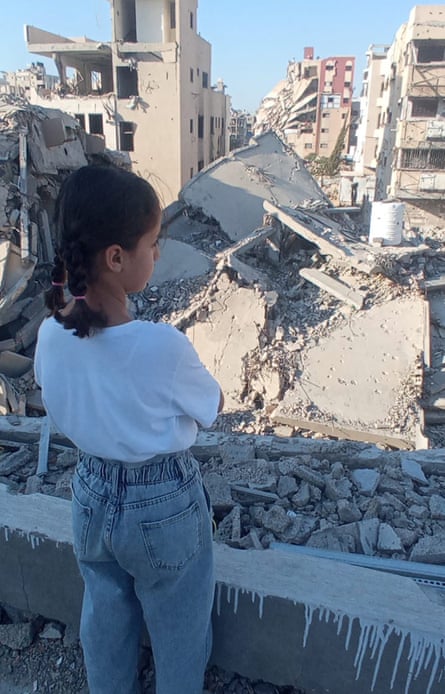
I want to be remembered for my dreams. I wished to become a doctor, to heal people and to give them hope. But without school, that dream feels impossible.
The war has built so many walls inside my mind. Two months ago, I stopped studying completely because of the heavy bombing. It feels like time is frozen, like what’s left of my childhood is being stolen.
I wish the world could see us – the children of Gaza – not as numbers on the news, but as kids who just want to learn, to play and to live. We deserve to dream like children anywhere else. A Palestinian poet once said: ‘We are a people who love life as much as we can.’ I just wish life would love us back.
‘The sky was never quiet in Gaza’
Ismail Muneifah, seven, Cairo
I still remember my kindergarten in Gaza, with its bright, colourful walls, boxes of toys and a reading corner with so many books. My teacher was very kind and always helped me when I didn’t understand something.
I loved going there every day because I got to play and learn with my friends. Every morning, we would sing songs with the rest of the class and during playtime, I would build towers with blocks and run outside in the playground.
I loved learning and knew all my letters by heart. I couldn’t wait to write my own stories one day. I wanted to read to my little sister, Sarah, who would cry to go to school with me every morning but she was too small.
Then the war started and school ended. The sounds of explosions filled the air. Our home in al-Maghazi was bombed and we had to flee. My parents left everything behind: our toys, our clothes, even my favourite crayons. As we ran, I saw my friend Ezzo’s body scattered in the street. He was a few years younger than me.
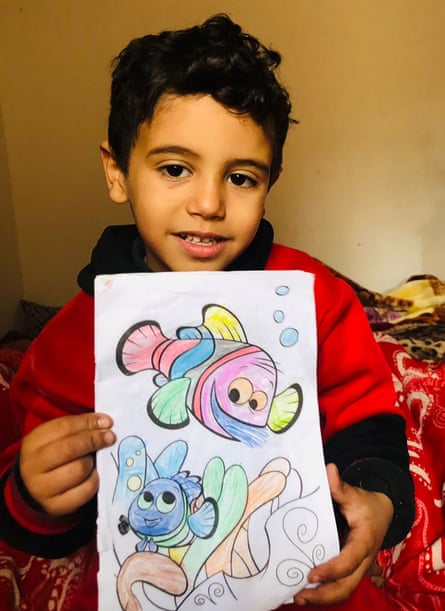
Mama said we are moving to Deir al-Balah to stay safe, but the sky was never quiet there either. Without school, there was nothing left for me to do. Slowly, I started forgetting things – words, numbers, even how to spell my name neatly. It made me sad and angry. I missed my friends, my teacher and learning new things.
My parents were worried all the time and we kept moving from one place to another.
One day, mama said we were moving to Egypt, where we would be safe. The journey there was long and we waited for days at the border, tired and hungry. Mama tried to stay strong, but I could see her fear. When we arrived, nothing felt familiar. Everything was loud and new. We had no home, no friends and no school.
When we finally found a place to stay, life felt safer but not easier. We have been in Egypt for over a year but I still haven’t been able to return to school. My sister Sarah is now big enough but even she can’t go.
Every morning, we watch from the window as Egyptian children walk by with their uniforms and backpacks. We want to be like one of them.
Mama recently found out about an informal school for Syrian refugees, which we hope to start attending soon, only for a few hours each day. It isn’t recognised and we won’t receive certificates like we did in my old school but it is better than nothing.
We are so excited and for the first time in two years, I feel hope.

.png) 3 months ago
71
3 months ago
71
